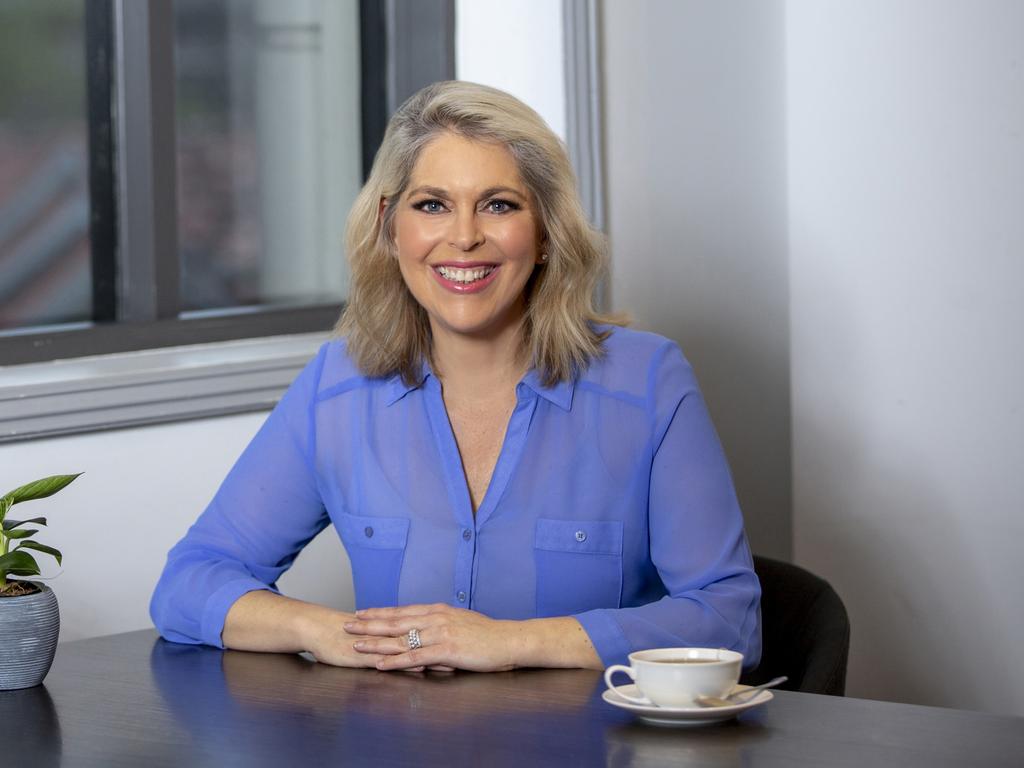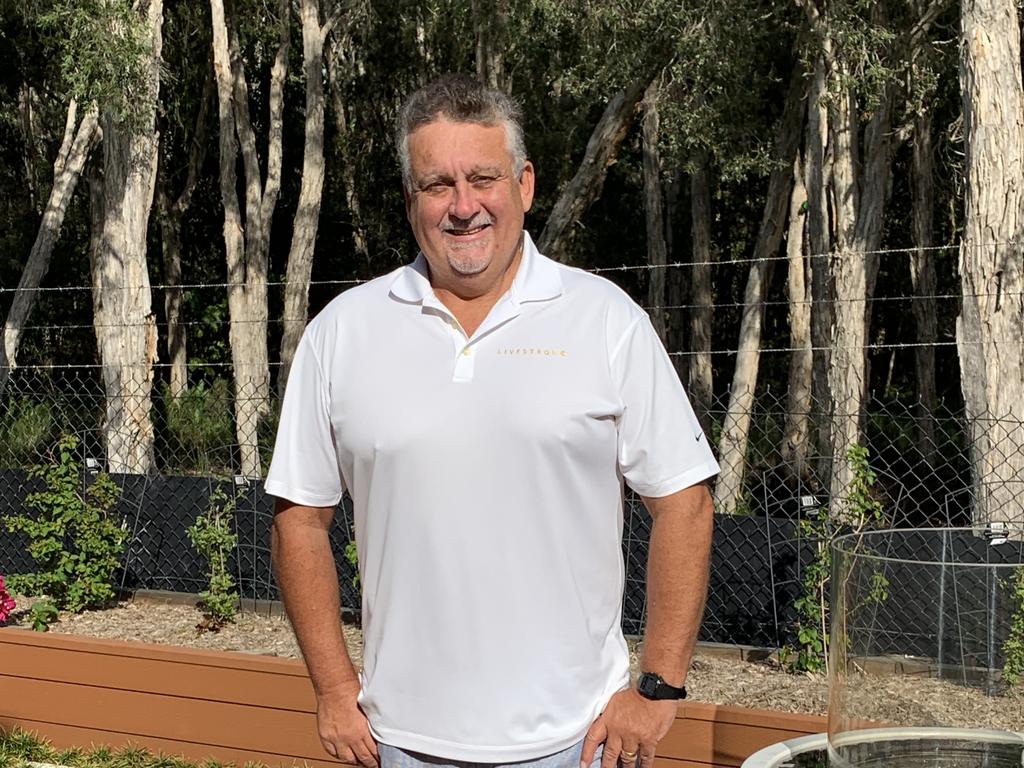Six ways to change your lifestyle and save yourself from heart disease
Heart disease is one of Australia’s biggest killers yet many of us do little to keep our heart healthy. Dr Ginni Mansberg shares her advice.
Heart disease is the leading cause of death in Australia and men over 40 are especially at risk.
More than 5400 people died of ischaemic heart disease between January and May this year alone, according to the Australian Bureau of Statistics.
Yet new research from Australian Eggs this World Egg Day reveals almost two in five (39 per cent) men over 40 are unconcerned about their heart health.
Dr Ginni Mansberg says men are automatically at higher risk of developing heart disease than women and should be mindful of making preventive life changes.
She says both men and women can easily adopt routines to manage their heart health.
DO 30 MINUTES OF EXERCISE EACH DAY
This should be of moderate intensity.
“If that’s too much, because you’re older or have arthritis, for example, do as much as you can manage,” Mansberg says.
“Aerobic exercise and resistance or strength training are the most important for heart health.”

DO EAT A HEART-HEALTHY DIET
Mansberg says this includes fruit, vegetables, wholegrains and lean proteins.
“This doesn’t have to be boring,” she says.
“The Heart Foundation has said that eggs can be eaten every day as part of a healthy diet.”
DO WATCH YOUR WEIGHT
“We don’t expect you to turn into a supermodel, but if your BMI (body mass index) is more than 30, losing as little as 5 per cent of your body weight can really help reduce your risk of heart disease,” Mansberg says.
BMI is calculated by dividing your weight (in kilograms) by your height (in metres) squared.

DON’T SMOKE
Not even one cigarette a day, Mansberg warns.
She says cigarette smoking increases clotting in the arteries, inflammation, high blood pressure, abnormal heart rhythms, and abnormal function of the lining of the arteries – all of which increase the risk of heart disease.
“It makes your LDL (low-density lipoprotein) cholesterol, or bad cholesterol, stickier so it sticks to your artery walls and clogs them up,” she says.
DON’T EAT JUNK FOOD
The Heart Foundation recommends a daily maximum salt intake of 5g (2000mg sodium) – which is about a teaspoon.
“Studies have shown most Australians are eating roughly 9g of salt a day, which is nearly double the recommended maximum,” Mansberg says.
“Processed and packaged foods are responsible for most of the salt people eat.
“The best way to reduce salt is to eat a diet based on fresh foods like fruit and vegetables as part of a balanced diet with lean proteins like eggs, grains and legumes.”

The Gold Coast’s Christopher Bart, 60, was diagnosed with high cholesterol 10 years ago because of a busy lifestyle, but he has since managed to reduce it and get his health under control.
“I didn’t diet, I just had a lifestyle change,” he says.
“I cut sugars, salts, bad fats, anything processed and alcohol – and didn’t replace any of them with alternatives, they are just as bad for you.
“I still get my treats weekly, everything in moderation, plenty of sleep, light exercise and water.”
DON’T IGNORE YOUR DOCTOR
“Your doctor may have prescribed medication for high blood pressure, diabetes or high cholesterol,” Mansberg says.
“If you tend to be a bit slack with taking your medicines, you’re not alone.
“Studies have found that is the case for up to 45 per cent of us, but taking your medicines might prevent that next heart attack or stroke by making sure your cardiovascular risk factors such as high blood pressure, diabetes and cholesterol are better controlled.”

BLOOD PRESSURE EXPLAINED
- Blood pressure is the pressure of your blood on the walls of your arteries as your heart pumps it around your body.
- High blood pressure is one of the main risk factors for heart disease, especially heart attacks and strokes.
- There are no obvious signs or symptoms so it’s important to have regular check-ups.
- You can have blood pressure measured by a doctor, nurse, pharmacist, or at home with an approved machine.
- Your reading will comprise two numbers – the one on top is systolic blood pressure (the pressure in your arteries when your heart muscle contracts) and the one on the bottom is diastolic blood pressure (the pressure when your heart muscle is between beats). Blood pressure readings are expressed in millimetres of mercury. This unit is abbreviated as mm Hg.
- Your doctor will advise your ideal blood pressure based on medical history, but a normal reading is a systolic blood pressure under 120mm Hg and diastolic blood pressure under 80mm Hg.
Source: Heart Foundation
More Coverage
Originally published as Six ways to change your lifestyle and save yourself from heart disease





